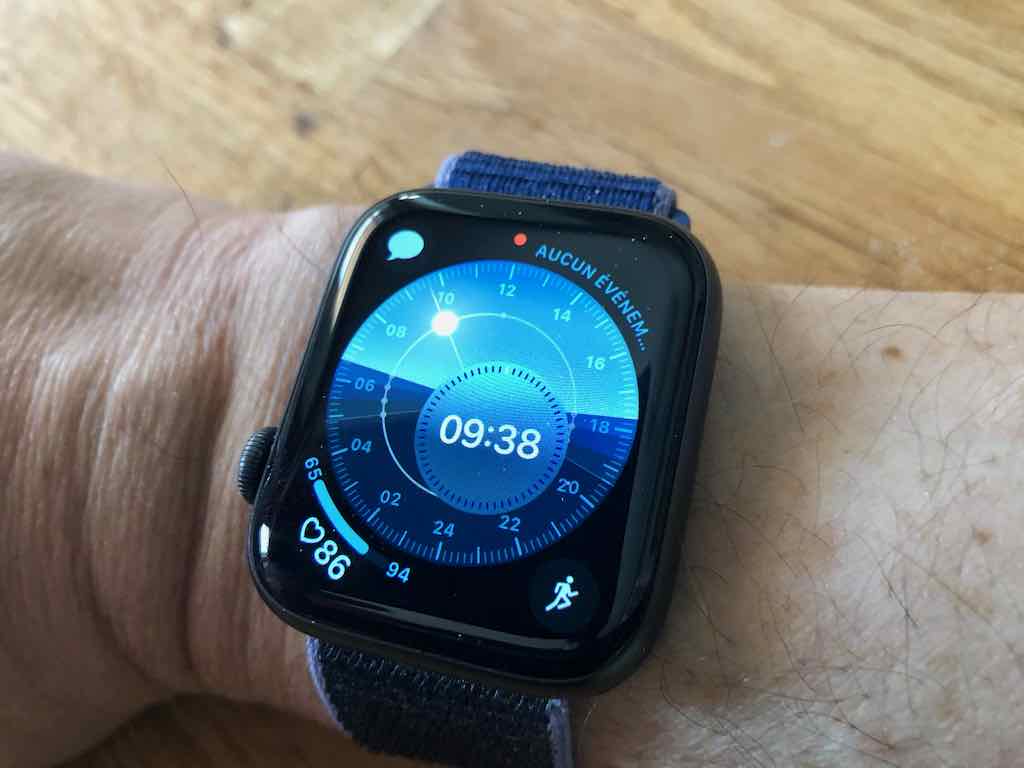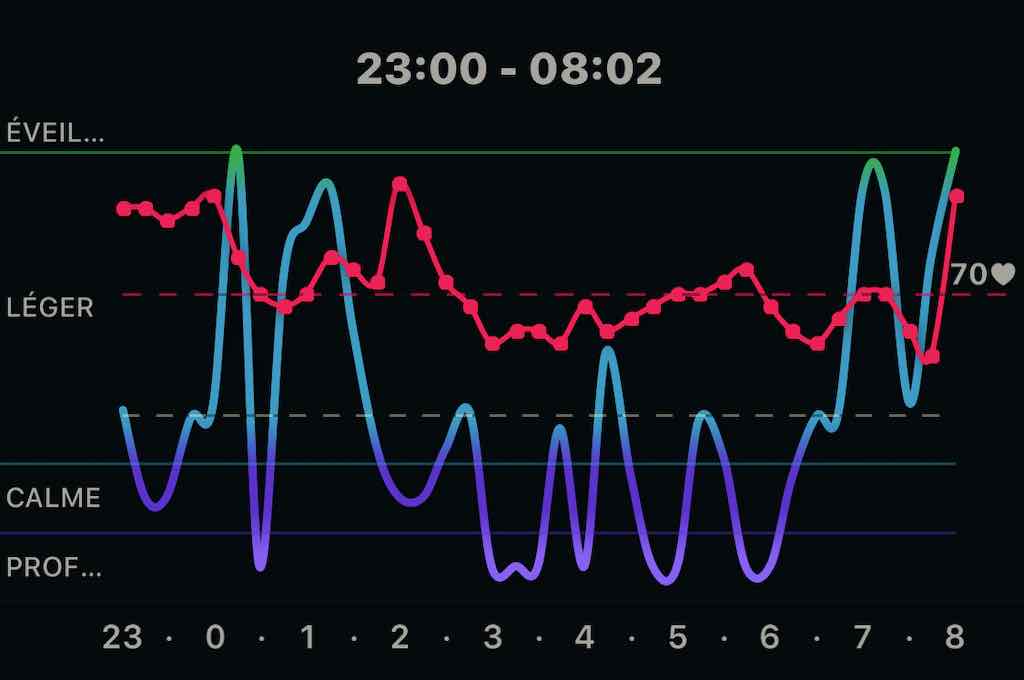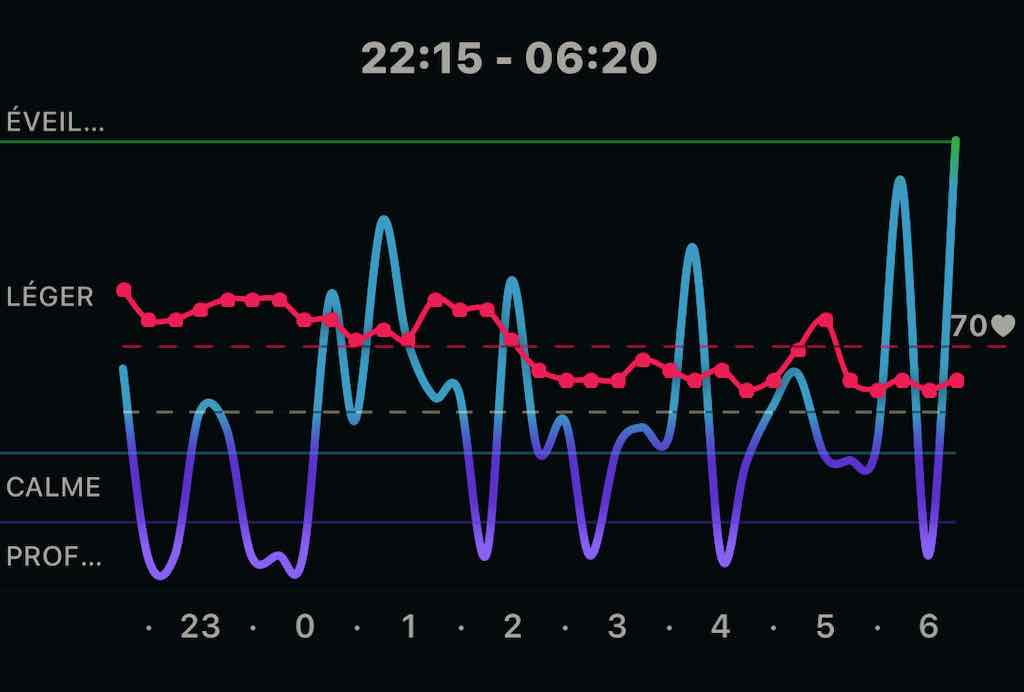
Help yourself and iWatch will help you
My company is generous. It offers an annual amount that allows us to invest in everything that allows us to move and improve our health. This ranges from ski pass to yoga classes to the purchase of equipment, including computerized measuring gadgets. The goal behind this philanthropy is to keep us in the office. But few people take advantage of it, and it’s good enough to be able to enjoy such a small budget.
Since I already had an elliptical in my apartment sleeping in its dust, I decided to buy an iWatch. The amount donated by the company paid for half of it. At first, I felt a bit stupid to use the money for such a gadget. All I had to do, after all, was get on my elliptical and start pedaling again...
I had other reasons, however, for taking up the offer. My neighbor had shown me everything that could be measured and done with such a watch. The heart, sleep, calls to meditation, number of steps, prompts to get out of one’s chair, measurement of physical activity, running, walking, yoga, all with a points program and medals that only serve as an incentive to do something. You either get on board, or you don’t, but when you get on board, the device will playfully accompany you.
I also had another reason. I know my heart is beating faster than average. Let’s say that it is more at rest around 80 beats per minute than the 50/60 beats of my neighbors! I’ve been sedentary my whole life, and it seems so.
I never do anything by halves and as soon as I bought the device, I got an application to measure sleep, I started short 15 to 20-minute sessions of gentle elliptical in the morning while trying to increase the effort. I get up when the watch tells me to do so, I take good breaths when it’s time (everything can be set at own’s convenience, nothing military either). They call these moments of mindfulness. It’s a bit silly, but still, after my four breaths, I can see that the heart rate drops a few beats per minute.
That’s the main utility of this type of measure, to see the positive consequences, sometimes almost instantaneous, of such and such actions focused on well-being.
Two months have passed, and I feel improvement here and there, starting with a visible refinement in the belly (I’m becoming a sexy old man), a better skin, but also a knee sensitivity that I was not aware of. So I have to adjust my effort, otherwise, my kneecaps won’t be able to follow for a long time.
Remarkably, or the opposite, in fact, my blood sugar level that I have been controlling for a long time does not move. Exercise has no effect on my blood sugar levels. That’s something to look into. I also see a slow but definite improvement in my heart rate.
The most intriguing thing is sleep. Although I have had to get used to keeping a watch overnight, I like to get up in the morning and compare how I feel about my night and what the watch says. I have also compared it with my neighbor. We do not have the same sleeping rhythm at all. He sleeps little, sometimes severely, but he dives happily into a deep sleep, while I tend to make small jumps in the night abyss even though I have excellent sleep health in the end. I’ve also seen the effects of napping. It usually puts you into a deep sleep very quickly!
Does this change anything in my life? It’s still too early to tell. Maybe I’ll get tired of wanting to know everything. But I am getting older, and these devices are evolving. Fibrillation can already be detected, but what will be detected in the near future? Well, the future is probably in implants...
Little by little, we are becoming gentle, docile, and indolent machines, for the better and for the worse of humanity’s mad rush. Well, that’s not all, my watch tells me to get up...



